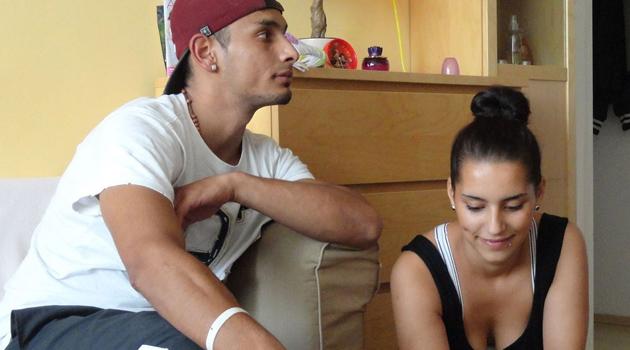Czech Finance Ministry raises annual limit above which nonprofits must report sales, local government association still unsatisfied

The Czech Finance Ministry has increased the limit of turnover above which associations and nonprofit organizations must report their incomes from minor side business activities to CZK 300 000 [EUR 11 000] annually. Previously the limit above which such groups had to report was CZK 175 000 [EUR 6 600] annually.
Czech Finance Minister Andrej Babiš (ANO) announced the news on 17 May. The Association of Local Governments considers the increase insufficient.
“Our association of municipalities really anticipated that the publication of this new methodology for taxpayers who are public benefit corporations would help us, as the absurd limit of CZK 175 000 per year was restricting the activities of associations and regional culture, as well as social activities at local level. The new limit is a step forward, but it is also not enough,” said the chair of the association, Czech MEP Stanislav Polčák.
The Association of Local Governments chair said he believes nonprofits should not have to report such income until their turnovers from business activity yields half a million crowns annually [EUR 19 000]. The Christian Democrats (KDU-ČSL), who are in the governing coalition, have said they would also welcome increasing the limit.
“I believe that limit can be increased. We envision that it would be half a million crowns minimum, maybe higher,” Czech MP Jaroslav Klaška (KDU-ČSL) told the Czech News Agency.
In the MP’s view, the EET (Electronic Sales Inventory) should be relaxed even more overall and exceptions should apply for people who are just making extra money through a business or selling produce at farmers’ markets, for example. “All of those who work for themselves should not be subjected to EET. From the beginning we have said this should just be for chosen areas where in the past it has been proven that there are tax dodges going on,” the MP said.
Klaška reminded the wire service of the Christian Democrats’ proposal last year that EET not apply to entrepreneurs and traders whose incomes are less than CZK 414 000 [EUR 15 600] annually. Under the Christian Democrats’ proposal, nonprofit organizations such as village associations, public benefit corporations or foundations would report just their incomes from side business activities which they underake for the purpose of supporting their main, non-commercial activity.
Currently, if such incomes do not exceed the limit (i.e., CZK 300 000 or 5 % of overall income), such businesses do not have to report their earnings from such activity. Side commercial activities are considered, for example, selling refreshments from a stand during a rural football match held by a local group.
Other such activities are balls or local parties where the aim is not to generate profit. The incomes from an entity’s main activities, i.e., membership fees, donations, or money raised through public collections, do not have have to be reported by associations and foundations under the new law.
“I am convinced that these associations do not have to report,” the Czech Finance Minister said on 17 May. The General Director of the Financial Admnistration, Martin Janeček, said “Our aim is to inventory just those activities that are significant and could have the potential to compete with commercial business entities.”
According to the General Director, only sales from business activities paid for in cash, by debit card, check, promissory note or similar instruments are included under the limit. “Revenues transferred from bank account to bank account do not count,” he said.
From the perspective of retailers, the adjustment to the methodology, according to Martin Dvořák, the Business Director of Bizerba, a supplier of cash register systems, is decidedly advantageous. “From this first information, of course, it’s not apparent whether the market will stabilize or nor,” he said.
According to Zbyněk Švec, the founder of the Septim.cz cash register system, the new methodology does not solve the problems of pub and restaurant owners in villages where currently there are very active local associations running clubs or holding dozens of different events annually of the broadest possible variety. “Those active associations represent a basic competition for local business owners and raising this limit has not solved that problem but has intensified it,” he said.
The EET system began on 1 December 2016 for hotels and restaurants, and from the beginning of March it has applied to retailers and wholesalers. Roughly 147 000 businesses have been reporting their turnovers since it began.
